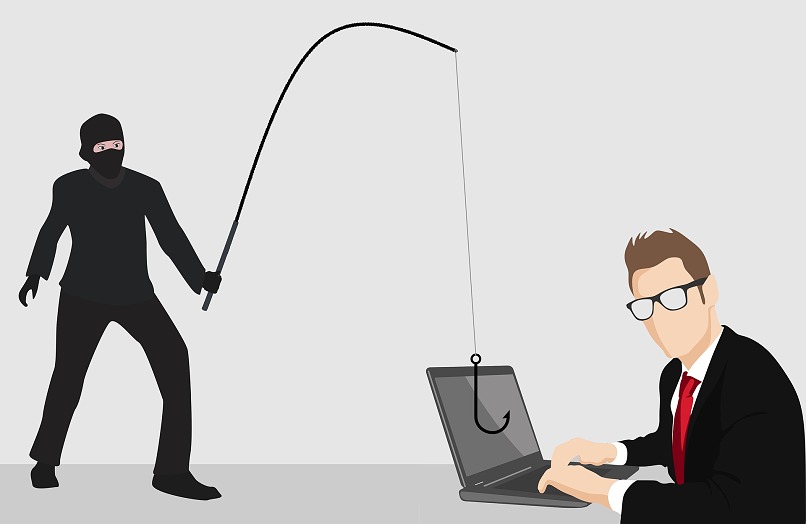New .Zip Domains Could Be Used for Phishing

A novel phishing technique known as "File Archiver in the Browser'' could leverage.ZIP domains to deceive users into opening malicious files. Google recently introduced the option to register.ZIP and.MOV domains, which sparked debates about potential cybersecurity risks as these are the same as existing file extensions. This could lead to situations where a user thinks they’re opening a.zip file, but they’re actually opening a URL to a.zip website. This confusion could lead to opportunities for scammers.
Another concern is programs automatically converting ".zip" file names into clickable URLs, which could also be easily exploited for malware delivery and phishing attacks. When a user clicks on such a link, their browser tries to open the associated site, which can lead to redirection, display of an HTML page, or a file download prompt.
Security researcher mr.d0x has created an innovative phishing toolkit to show how a.zip domain may be used to increase phishing engagement. The associated website displays a simulated WinRAR window within the browser, complete with a fake security scan window. The address bar and scrollbar can be removed to make it look more authentic.
The toolkit serves multiple purposes, including credential theft and malware delivery. For example, if a user double-clicks on a PDF file in the fake WinRAR window, they may be redirected to a page that prompts them to enter login credentials to view the file.
Furthermore, the toolkit can deliver malware by presenting a PDF file that, when clicked, downloads a similarly-named malicious.exe file instead. Since Windows typically hides file extensions by default, users may mistake the downloaded file for a harmless document.
The technique also exploits Windows' file search behavior. When searching a file name in the Windows File Explorer search bar, it will automatically try to open it in a web browser if it doesn’t already exist on the machine. Therefore, a phishing tactic could be to instruct users that they must open a.zip file by using the Windows File Explorer to search for a given file name. However, as the file doesn’t actually exist on the user’s device, Windows will open the scammer’s website instead.



Please, comment on how to improve this article. Your feedback matters!